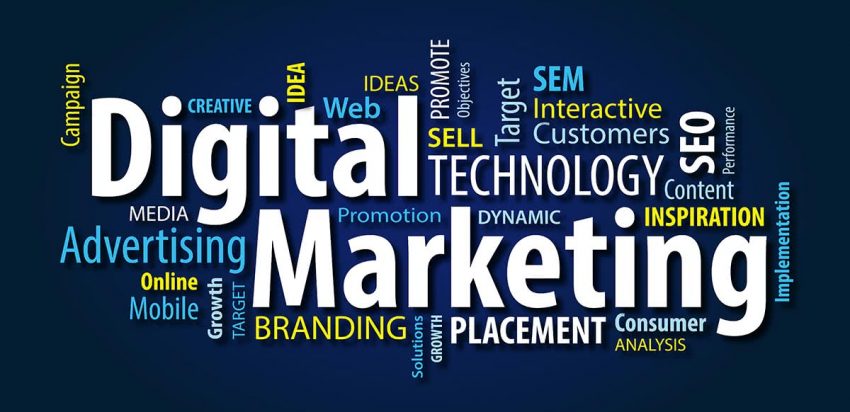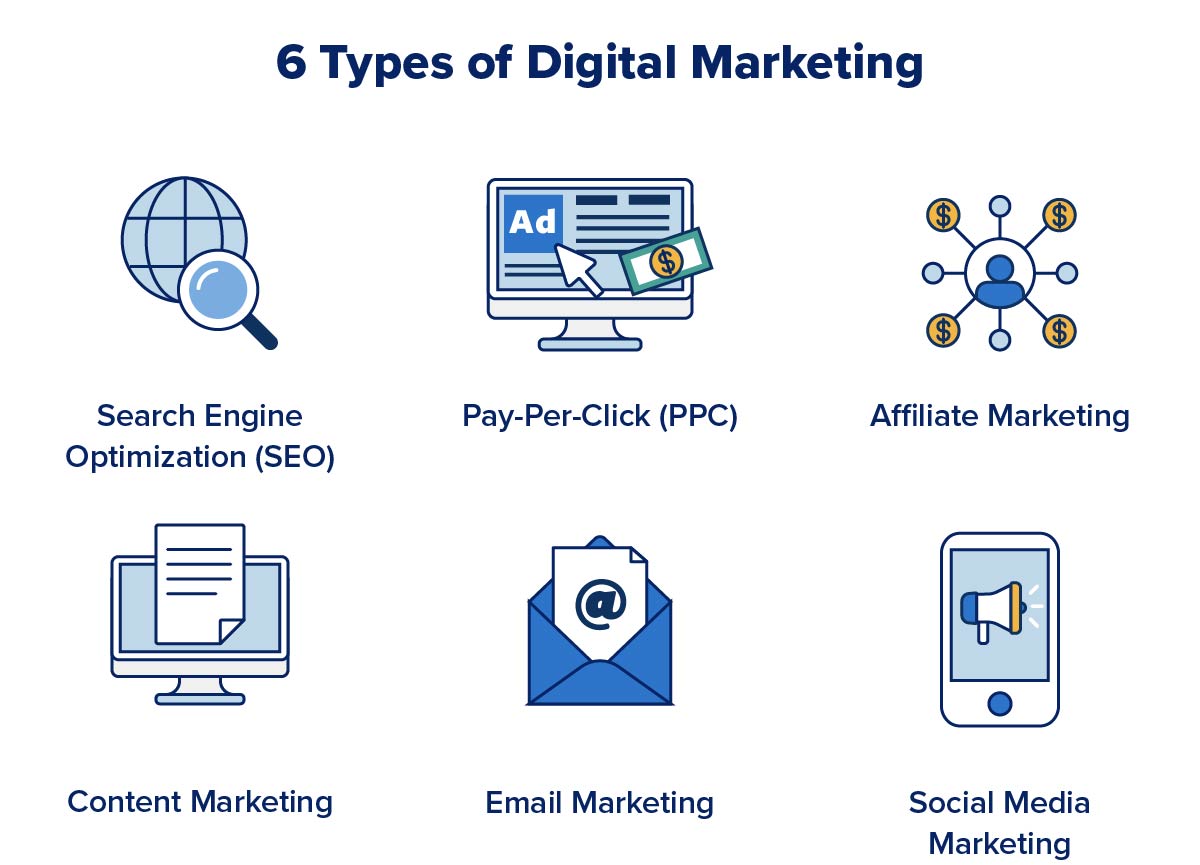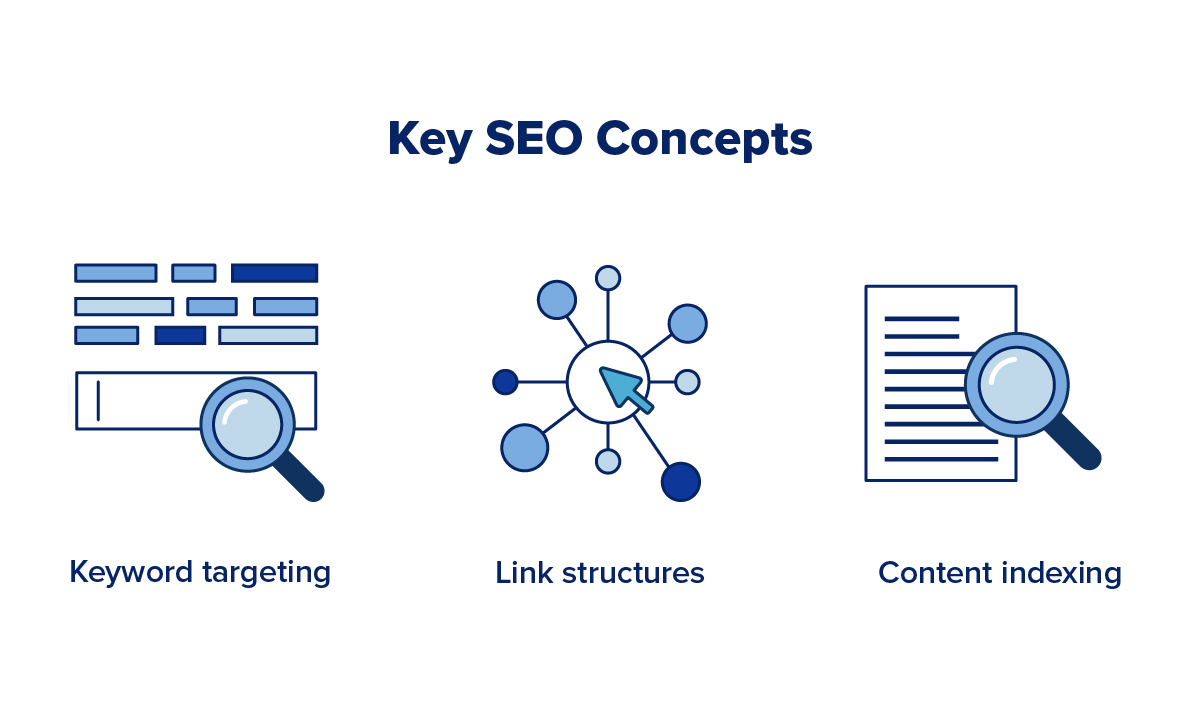What Is Digital Marketing?
Digital marketing is the use of digital or social channels to promote a brand, product, or service that engages customers. Since there are numerous types of digital marketing strategies that companies can pursue, this field is a dynamic one offering professionals many opportunities to be creative, analytical, and strategic.
For many brands, a digital marketing campaign is developed prior to the traditional campaign, allowing the brand to tease a new product launch, gain buzz in the marketplace about seasonal products, or even to simply build brand awareness. From working with Instagram influencers, to planning an effective email campaign, a solid digital marketing strategy is essential for companies to remain relevant and top of mindshare with their audience.
Digital marketing is constantly changing and growing, making it an exciting professional pathway for people seeking a new career. As part of an overall digital marketing strategy, many companies have embraced a generational approach to social media. For example, TikTok campaigns to reach Gen Z customers, Facebook to reach Gen X, and Instagram to reach Millennials are all part of overarching digital campaigns targeting generations which are less receptive to traditional mass marketing than Baby Boomers.
In addition, digital marketing campaigns are often less expensive than traditional ad buys and allow companies to try new strategies at a relatively low cost. Customers feel more connected with the companies they interact with online and can even feel as if they are part of a fan community. This not only opens up possibilities for companies, it also makes digital marketing an exciting career for those interested in implementing creative marketing ideas and strategies.
There are many entry-level digital marketing jobs with upward potential where you can learn how to become a digital marketing manager and achieve long-term career success. With the training and skills to succeed in digital marketing, you can hit the ground running.
Ready to learn more about the types of digital marketing and how to become a digital marketer? Read on to discover the six types of digital marketing and find the focus area that’s right for you.

 Live Chat
Live Chat

